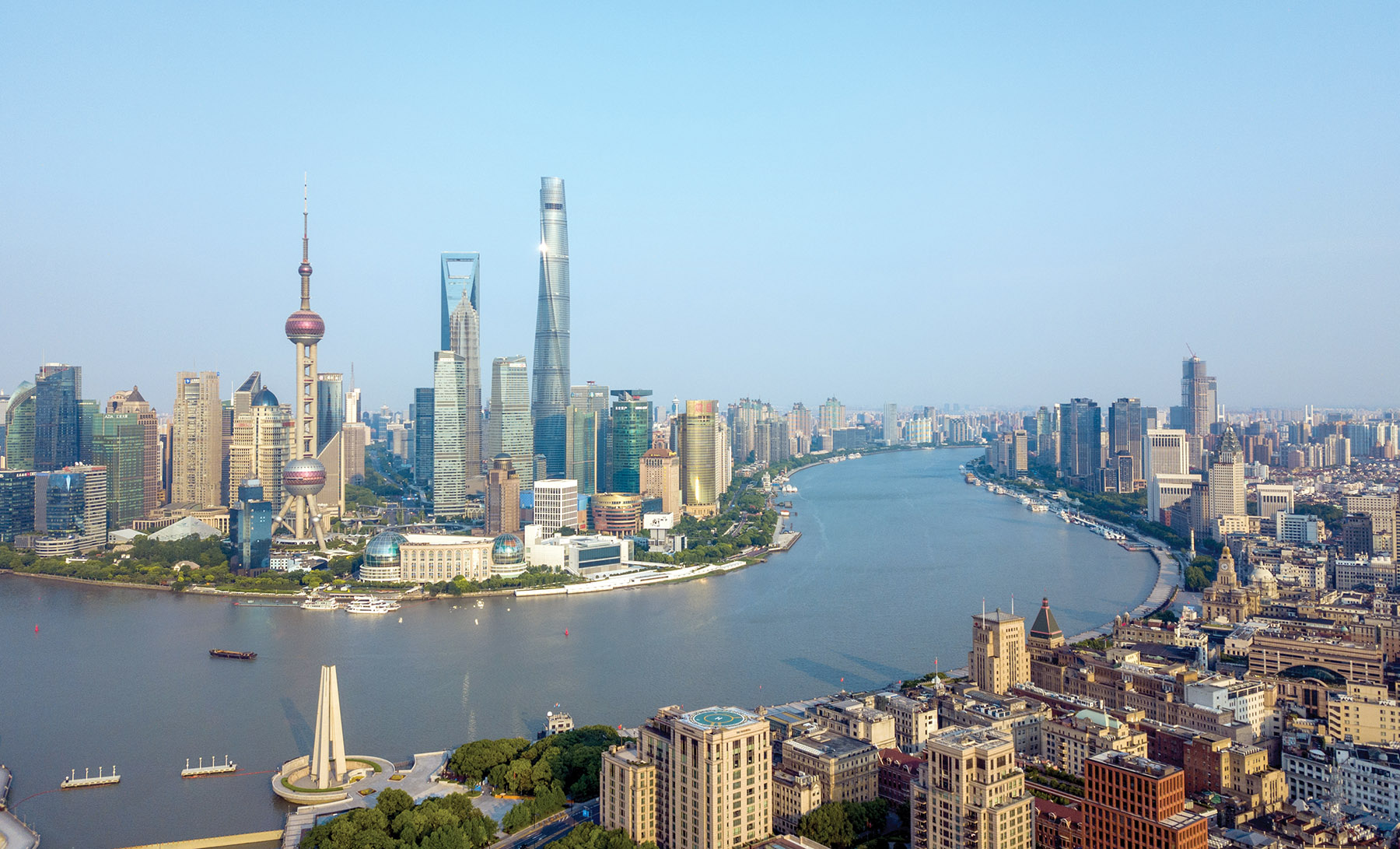Eighth edition of strategy to improve Shanghai’s business environment widely welcomed

The latest business environment improvement action plan released in Shanghai will help the city better address market entities’ needs and inject more vitality into the city’s economic growth, said officials and market experts.
Their comments were made on Feb 5, when the Shanghai municipal government held its business environment improvement work conference for the eighth consecutive year.
The latest action plan, which is now in its eighth edition, was released during the conference.
The plan aims to enhance the sense of gain among enterprises by coming up with 58 detailed measures, which are more substantial and down-to-earth, according to Lu Aiguo, head of the business environment construction division at the Shanghai Municipal Development and Reform Commission.
One focus of the new plan is deepening the reform by aligning with the standards specified in World Bank’s Business Ready evaluation system, said Lu.
Ten related reform measures have been rolled out, covering market entry, operational venues, infrastructure, utilities, international trade, and market competition, among other aspects.
As for international trade, Shanghai will expand the benefit scope for controlled and inspected high-tech goods. The import pilot program for research and development, as well as testing items, will be optimized.
Customs clearance facilitation services will be improved by better implementing reform measures such as multi-modal transport and the application of electronic certificates, according to the action plan.
Another 24 measures have been included in action plan 8.0 to optimize the all-around services rendered to companies.
Innovative financing products must be enhanced to support small and medium-sized enterprises. Also, more efforts should be made to facilitate the outbound reach of domestic firms while further opening up the local market.
Professional service providers will be supported to set up branches in the markets involved in the Belt and Road Initiative.
Meanwhile, visas, as well as entry and exit services for foreign talent, will be more convenient. More foreign-invested projects should be introduced in the city, and major foreign-invested projects should be settled at a faster pace, according to the new action plan.
Japanese carmaker Toyota announced on Feb 5 that it has entered into an agreement with the Shanghai government to establish a new wholly-owned company in the city’s Jinshan district for the development and production of Lexus electric vehicles and batteries.
Advanced and mature industrial chains, good logistics networks, talent supply, and the market size in Shanghai and neighboring cities are the factors supporting this new project, according to Toyota.
To improve services provided to companies, efforts will be made to promulgate a negative list for cross-border data flow within the China (Shanghai) Pilot Free Trade Zone, according to the new action plan.
Companies will be better guided to conduct data export activities in line with laws and regulations. This is conducive to companies’ international competitiveness, said Huang Lina, an official from the Shanghai Cyberspace Administration.
The new action plan also includes 14 measures to optimize supervision over companies.
According to Wu Beibei, a deputy director at the Shanghai Administration for Market Regulation, the targets, frequency, and content of on-site inspections will be reduced to lower the impact on companies.
The goal is to lower the number of planned administrative on-site inspections in the next two to three years, she said.


